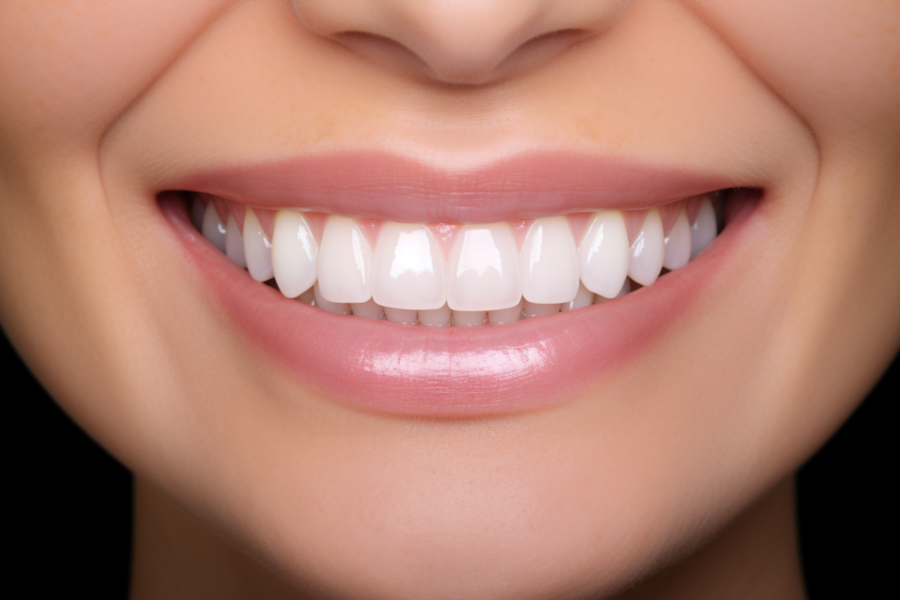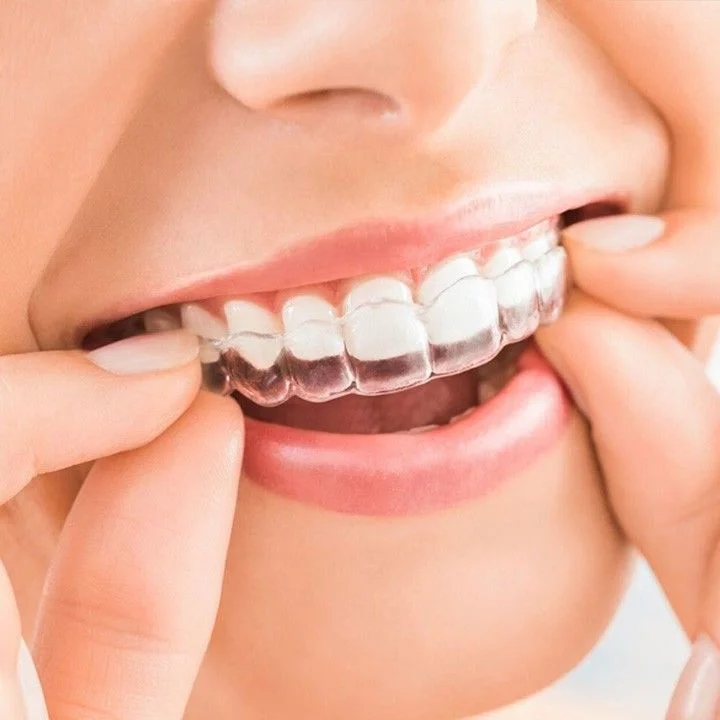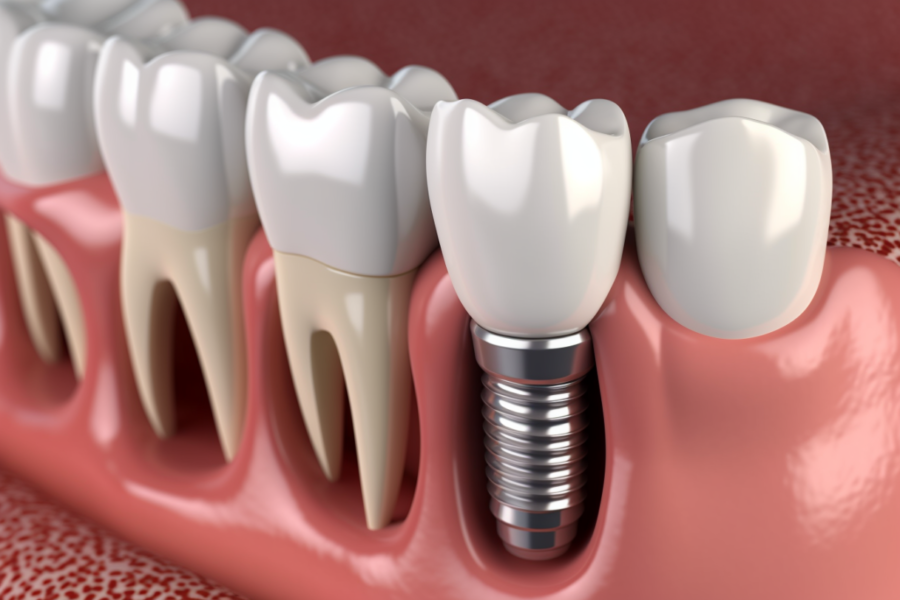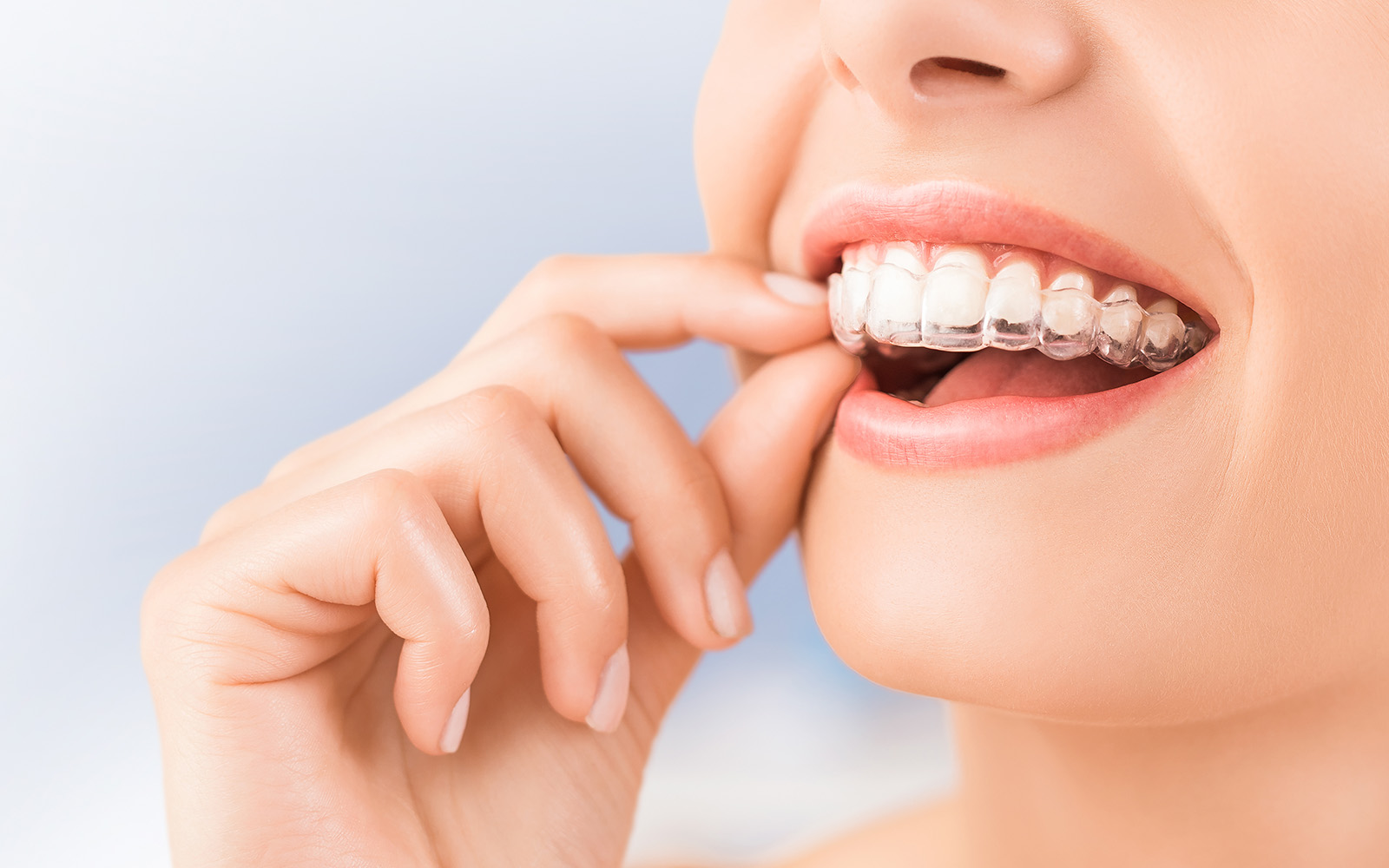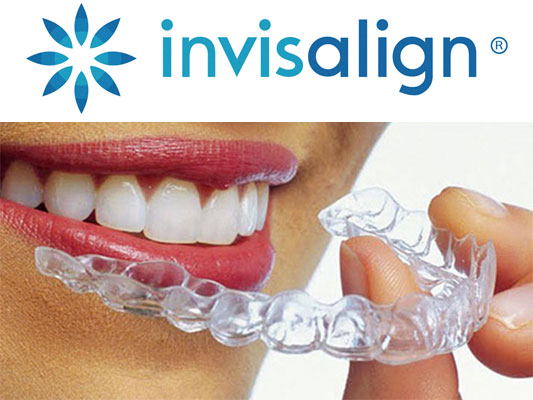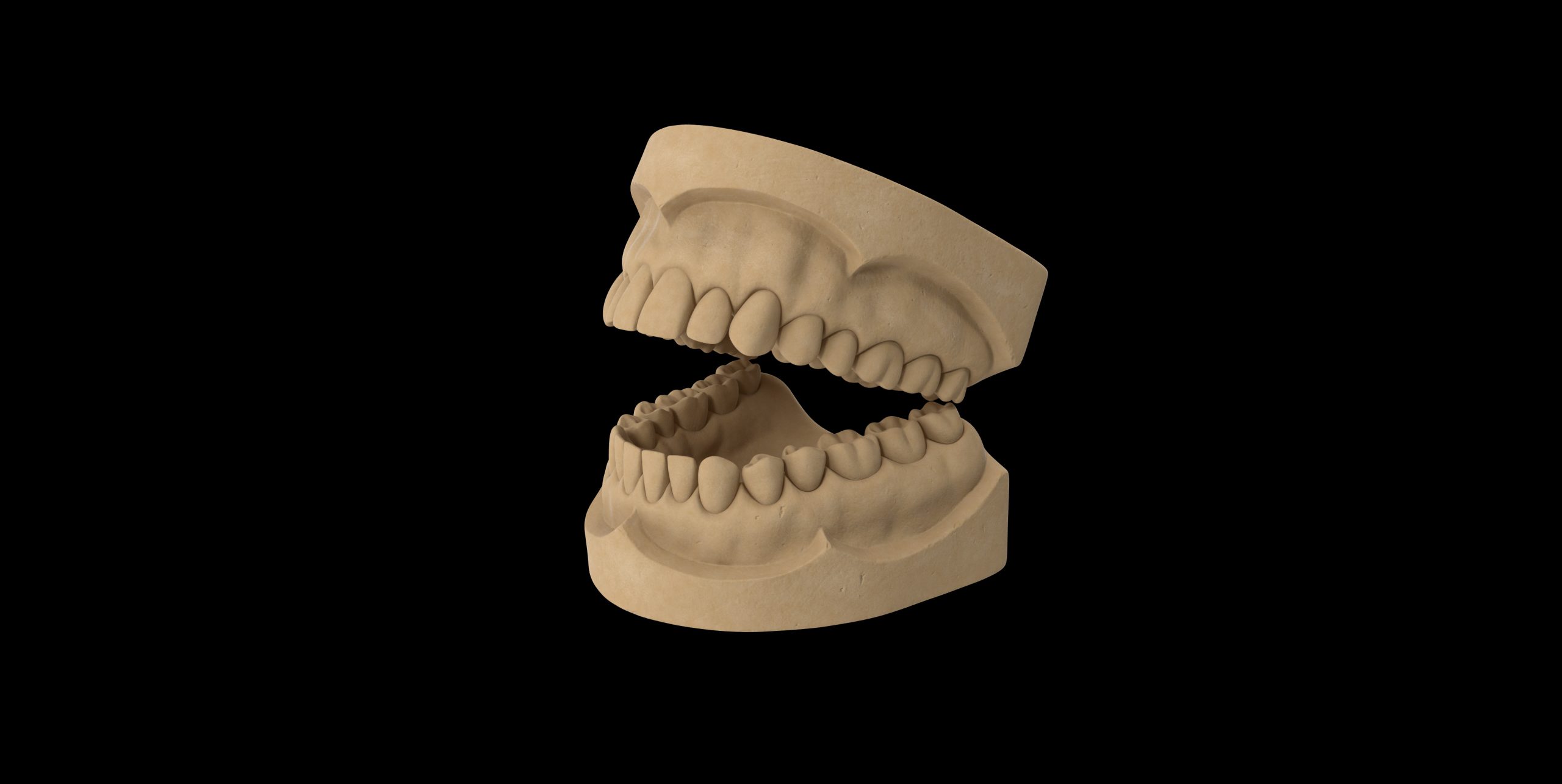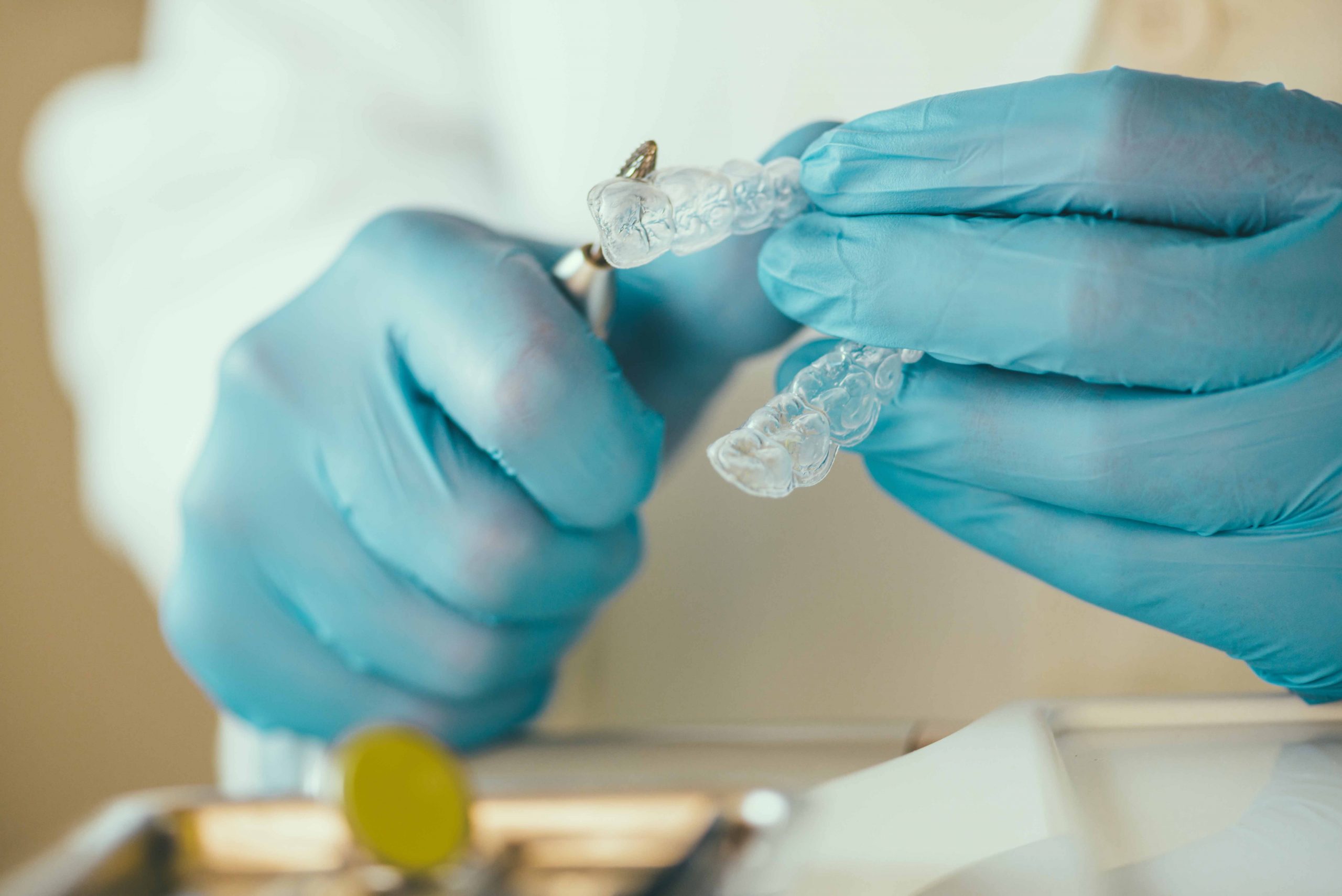Are you considering cosmetic dentistry but not sure if it is within your budget? You’re not alone. Many people wonder how much they can expect to pay for procedures like teeth whitening, veneers, or dental implants.
As a dentistry cost analyst, I have researched the average prices for various types of cosmetic dental treatments and will break down the costs in this article.
Firstly, it’s important to understand that the cost of cosmetic dentistry varies depending on several factors such as geographic location, dentist expertise, materials used, and complexity of the procedure.
For example, getting porcelain veneers in Los Angeles may be more expensive than in a smaller city due to higher living costs and demand for premium services. Similarly, some dentists charge more because of their reputation or years of experience while others offer discounts to attract new patients or during promotional periods.
However, there are ballpark figures that we can use as guidelines when planning for cosmetic dental expenses which I’ll cover next.
Factors That Affect The Cost Of Cosmetic Dentistry
Cosmetic dentistry can be expensive, but the cost varies based on several factors.
One of these is the type of procedure being performed. For example, teeth whitening is generally less costly than dental implants or veneers.
The complexity and length of the treatment plan also play a role in determining the final cost.
Payment options may also affect the overall expense of cosmetic dentistry procedures. Many practices offer flexible payment plans to help patients manage their costs over time. It’s important to inquire about available payment options during your initial consultation with a dentist.
Insurance coverage for cosmetic dentistry is limited because it’s considered elective rather than medically necessary. However, some insurance plans may cover certain treatments if they are deemed medically necessary due to functional issues such as gum disease or decay. Patients should review their insurance policies carefully and discuss potential coverage with their provider before pursuing any cosmetic dentistry procedures.
Average Costs Of Teeth Whitening
Picture yourself with a vibrant, confident smile that captures everyone’s attention. Teeth whitening is an excellent way to achieve this look and boost your self-esteem. However, the cost of teeth whitening can vary based on several factors.
DIY teeth whitening kits are available over-the-counter at drugstores or online. They typically cost between $20 and $100 per kit, depending on the brand and features included in each package. While these do-it-yourself options may seem like a budget-friendly alternative to professional teeth whitening treatments, they come with risks such as improperly fitting trays which can lead to gum irritation or even tooth sensitivity.
Professional teeth whitening performed by a dentist or dental hygienist produces consistent results without harming the enamel or gums. The procedure involves applying bleaching agents directly onto the surface of the teeth using customized trays for optimal coverage. The average cost for in-office treatment ranges from $500-$1,000 depending on location and level of discoloration present.
At-home professional teeth whitening systems offer similar benefits but generally require multiple applications over several weeks; prices range from around $200 – $700 per kit.
Ultimately, choosing whether to opt for DIY teeth whitening or professional services depends upon individual preferences and financial circumstances. It’s important to keep in mind that while DIY solutions may appear cheaper initially, their long-term costs could eventually exceed those of professional-grade products due to low efficacy rates and potential side effects. Hence it’s advised to consult with your dentist before making any decision regarding your oral health care regimen!
Average Costs Of Porcelain Veneers
Porcelain veneers are a popular cosmetic dentistry procedure that can improve the appearance of your teeth significantly. They are custom-made shells of tooth-colored porcelain that cover the front surface of your natural teeth. Porcelain veneers can correct various dental imperfections, such as chips, cracks, gaps, and discolorations.
The average cost of porcelain veneers varies depending on several factors, including the number of teeth being treated, the location where you live or receive treatment, and the expertise and experience of your dentist. Generally speaking, one veneer can cost anywhere from $800 to $2,000 per tooth. Therefore, if you want to transform your entire smile with porcelain veneers, be prepared to pay between $8,000 and $20,000.
Pros and cons exist when considering porcelain veneers for improving your smile. On one hand, they offer quick results and a dramatic improvement in aesthetics. They also require less tooth reduction than other restorative options like crowns or caps because they only cover the front part of your teeth.
However, some disadvantages include their high cost compared to other procedures; they’re not reversible once placed since enamel is trimmed back during preparation; sensitivity may occur after placement due to exposed dentin tissue beneath them which could lead people away from eating certain foods or drinking hot/cold beverages too often without protection around those areas.
Longevity and maintenance should also be considered before investing in this type of cosmetic dentistry service. While porcelain veneers have been known to last up to 10-15 years with proper care (regular brushing/flossing)and avoiding habits that could wear down their structure(like biting hard objects), it’s important to note that replacements will eventually become necessary over time given normal everyday use so budgeting replacement costs into long term plans would be wise.
This also includes regular dental check-ups to catch any issues early on and avoid more costly and extensive dental procedures in the future. By planning and budgeting for replacements, individuals can ensure that they can maintain their oral health and prevent any financial surprises down the road.
Average Costs Of Dental Implants
Dental implants are a popular option for those looking to replace missing teeth or improve the appearance of their smile. The average cost of dental implants can vary depending on several factors, such as location, the number of implants needed, and whether any additional procedures are required.
Without insurance coverage, implant costs can range from $1,000 to $3,000 per tooth. However, this does not include other expenses that may arise during the process, such as implant maintenance or bone grafting if necessary. It’s essential to discuss all potential costs with your dentist before starting treatment to avoid unexpected fees.
Overall, while dental implants may have a higher upfront cost than other restorative options like dentures or bridges, they provide long-lasting benefits and improved quality of life. Proper care and maintenance can help ensure the longevity and success of your dental implant investment.
Here are four things to consider when thinking about dental implant costs:
- Many insurance plans do not cover the full cost of dental implants.
- Dental implant surgery is typically done in multiple stages over several months.
- Implant maintenance includes regular check-ups and cleanings to prevent complications.
- If you need additional procedures like bone grafting or sinus lifts, these will add to the overall cost.
In conclusion, it’s important to carefully weigh the pros and cons of dental implant treatment before making a decision. While there may be initial sticker shock due to high costs, patients should remember that investing in their oral health is always worthwhile. With proper care and attention paid both during and after treatment, many patients find that dental implants offer an excellent return on investment in terms of restored function and aesthetics.
Tips For Budgeting For Cosmetic Dental Procedures
Now that we’ve discussed the average costs of dental implants, let’s move on to cosmetic dentistry. It’s important to note that the cost of cosmetic dentistry varies widely depending on the procedure and where you live.
However, here are some general estimates:
Teeth whitening: $500-$1,000
Porcelain veneers: $925-$2,500 per tooth
Dental bonding: $300-$600 per tooth
While these prices may seem steep at first glance, there are several saving strategies you can utilize. For example, many dental offices offer promotions or discounts for new patients. Additionally, consider bundling procedures together to save money in the long run.
Financing options are also available for those who need them. Many practices offer payment plans with little or no interest. Another option is applying for a medical credit card specifically designed for healthcare expenses.
It’s understandable if the cost of cosmetic dentistry seems overwhelming at first. But by utilizing saving strategies and exploring financing options, you can make your dream smile a reality without breaking the bank.
Frequently Asked Questions
Are Cosmetic Dental Procedures Covered By Insurance?
When considering cosmetic dental procedures, insurance coverage may be a major factor in the cost analysis.
Unfortunately, many policies do not cover these types of treatments, leaving patients to foot the bill themselves.
However, there are some exceptions and options for affordability.
Some plans may offer partial coverage or discounts on certain procedures.
Additionally, financing programs can make payments more manageable over time.
As a dentistry cost analyst, it’s important to weigh all factors when determining an individual’s out-of-pocket expenses for cosmetic dental procedures.
How Long Do Cosmetic Dental Procedures Typically Last?
When it comes to cosmetic dental procedures, many patients want to know how long the effects will last.
The duration can vary depending on the type of procedure and individual factors such as oral hygiene habits.
On average, popular procedures like teeth whitening and veneers can last anywhere from 5-10 years with proper care.
However, more extensive treatments like dental implants have a longer lifespan of up to 25 years.
It’s important for patients to understand that these procedures come at an average cost, which may not be covered by insurance.
As a dentistry cost analyst, I recommend speaking with your dentist about financing options or savings plans to ensure you get the most out of your investment in your smile.
What Are The Risks And Potential Complications Associated With Cosmetic Dentistry?
Common complications associated with cosmetic dentistry include tooth sensitivity, infection, and nerve damage.
Recovery time can vary depending on the procedure performed, but patients should expect some discomfort and swelling for a few days to a week after treatment.
Alternatives to traditional cosmetic dental procedures include non-invasive options such as teeth whitening or bonding.
As a cost analyst in the field of dentistry, it is important to note that while these alternatives may be less expensive than more invasive treatments, they may not provide the same level of results.
It’s also worth considering that choosing a reputable and experienced dentist can help minimize risks and potential complications during any type of cosmetic dental procedure.
Can Cosmetic Dentistry Be Performed On Children Or Teenagers?
When it comes to cosmetic dentistry, parents often wonder if it’s appropriate for their children or teenagers.
The truth is that age plays a crucial role in determining whether the procedure should be performed.
It’s important to note that many treatments are only recommended for mature teeth and jaws, which means waiting until the child reaches adolescence might be more ideal.
Additionally, parental consent is required before any cosmetic dental work can be carried out on minors.
However, when done properly, cosmetic dentistry has potential benefits such as improving the appearance of teeth and boosting self-esteem in young adults who may feel insecure about their smile.
How Do I Choose A Reputable And Experienced Cosmetic Dentist?
When looking for a cosmetic dentist, it’s important to do your research and choose someone with the right credentials and experience.
Look for a dentist who has completed additional training in cosmetic dentistry and is a member of professional organizations such as the American Academy of Cosmetic Dentistry.
Reviews from previous patients can also be helpful in determining their reputation and level of satisfaction.
Don’t just go with the cheapest option – invest in a reputable and experienced cosmetic dentist who can give you the results you’re looking for.
Conclusion
In conclusion, the cost of cosmetic dentistry can vary greatly depending on the procedure and location.
It is important to note that most cosmetic dental procedures are not covered by insurance, so patients should be prepared to pay out-of-pocket.
While some treatments may last a lifetime with proper care, others may need to be redone periodically.
As a dental cost analyst, it is my recommendation that individuals interested in cosmetic dentistry thoroughly research potential risks and complications associated with each procedure before making any decisions.
Additionally, choosing an experienced cosmetic dentist who has a strong reputation within the industry can help mitigate these risks and ensure successful results.
Remember, investing in your smile can have both aesthetic and psychological benefits that are priceless!



